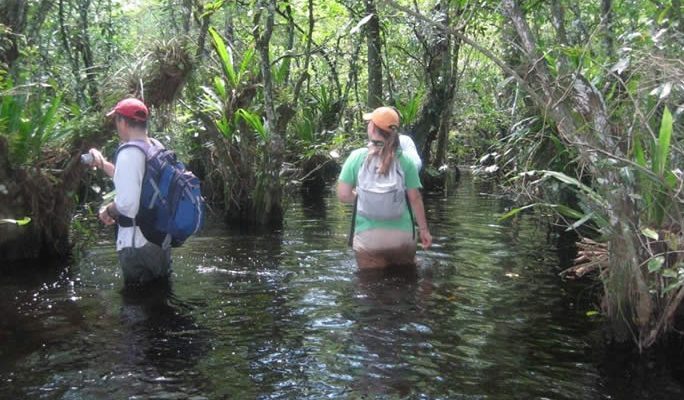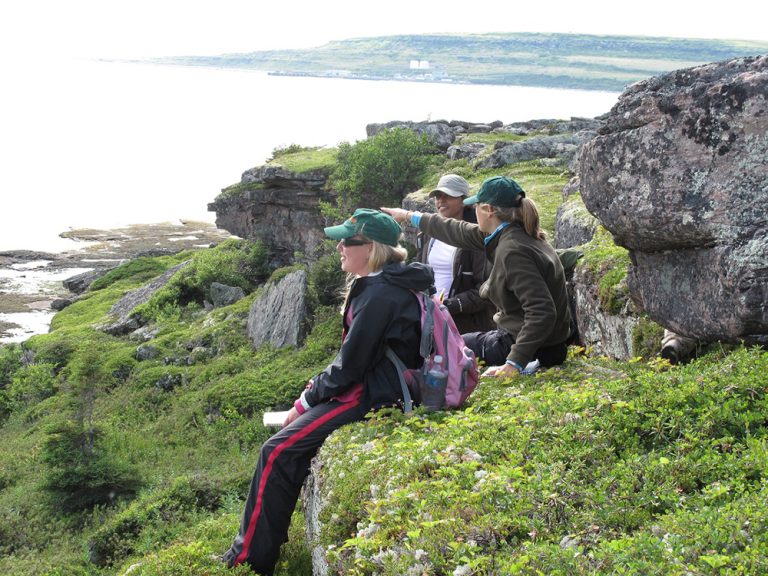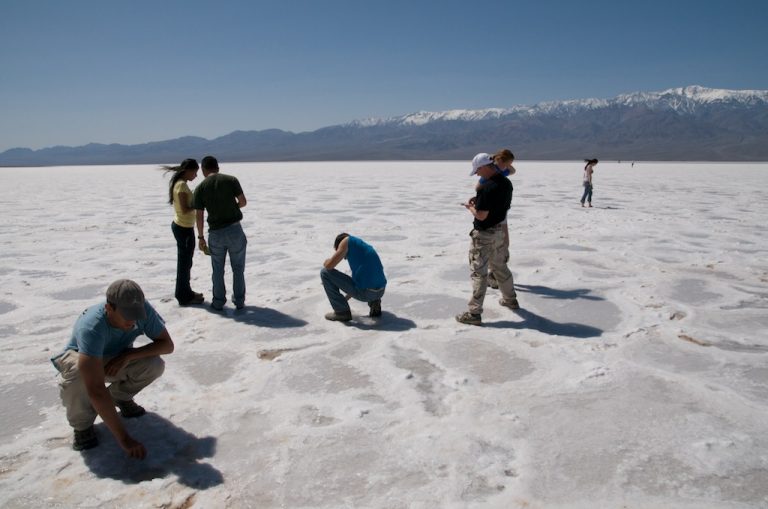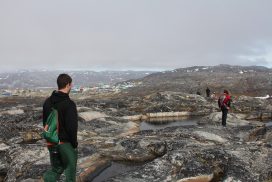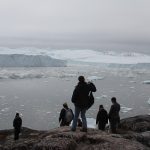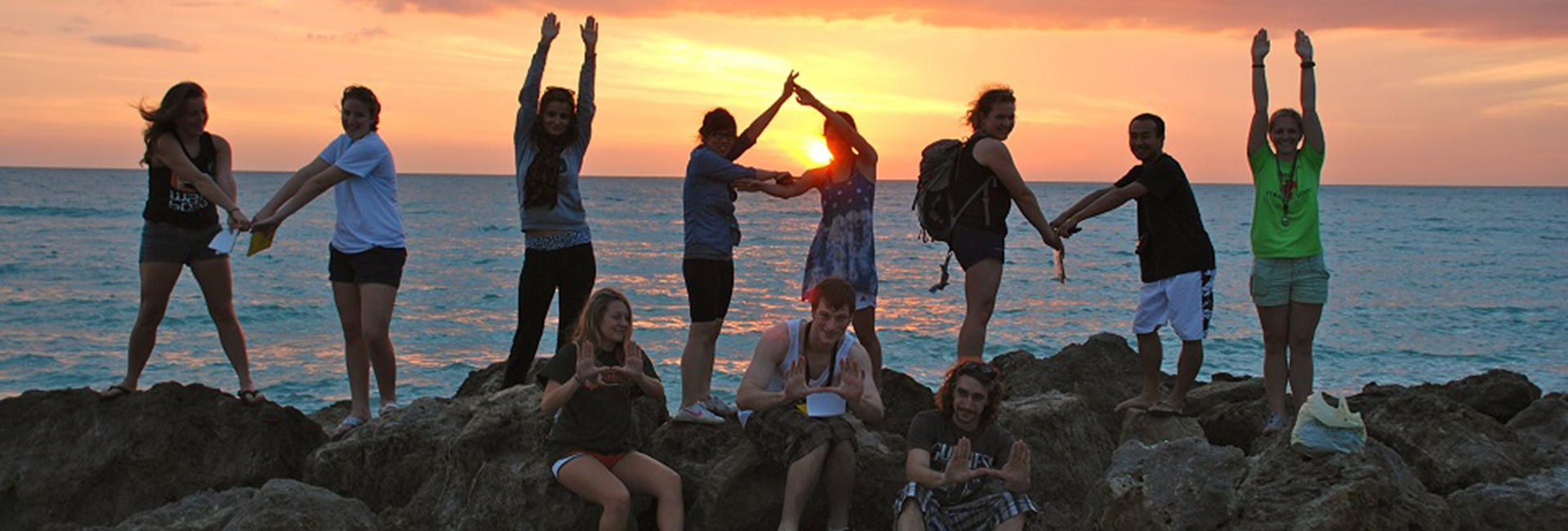

With an innovative and interdisciplinary focus, the Abess Center seeks answers to the "wicked" questions that face us in the 21st century.
Marine conservation. Geo-engineering. Waste water recycling. The spread of vector-borne diseases.
Each of these items fall into a uniquely distinct field of study, yet all are current areas of research being conducted by graduate students at the University of Miami's Leonard and Jayne Abess Center for Ecosystem Science and Policy.
The interdisciplinary courses taught through the Abess Center all focus on the same goal: to prepare the next generation of environmental scientists by giving them a broad foundation in the natural sciences, social sciences, and public policy—as well as an awareness of just how scientific information is conveyed to the public.
"Our goal is build bridges between ecosystem science to policy, whether in our 100-level undergraduate or our doctoral level courses, so that our students can work effectively to study and solve environmental problems," says Gina Maranto, director of the center's undergraduate program, coordinator of the graduate program, and a senior lecturer of English Composition in the College of Arts and Sciences.
About the Photo
Abess Center students spell out ‘Miami’ on a beach as the sun sets on the horizon.
Join the Conversation
Follow on Twitter:
Abess Center, @abesscenter
University
of Miami, @univmiami
UM
News, @univmiaminews
In the field, Abess Center students engage in research studies in topics varying from social justice to public health and women's rights issues. Conservation, health, and climate change are overarching themes of the work conducted by Abess Center students. Both coursework and research includes the social sciences and the humanities, which provide important tools for thinking about environmental problems and evaluating possible policy solutions.
Established in 2006, the Abess Center for Ecosystem Science and Policy was founded with a mission to create innovative, interdisciplinary initiatives that bridge the gap between science and environmental policy. The network of faculty members affiliated with the Abess Center spans across the University. The center also engages with community organizations dedicated to environmental awareness and conservation.
"'Environmental activism' has taken on new meaning, and we're seeing that our students are more engaged and want to make a difference," Holzman said. "The Abess Center is the hub of environmental activity on campus."
- Megan Ondrizek / UM News
